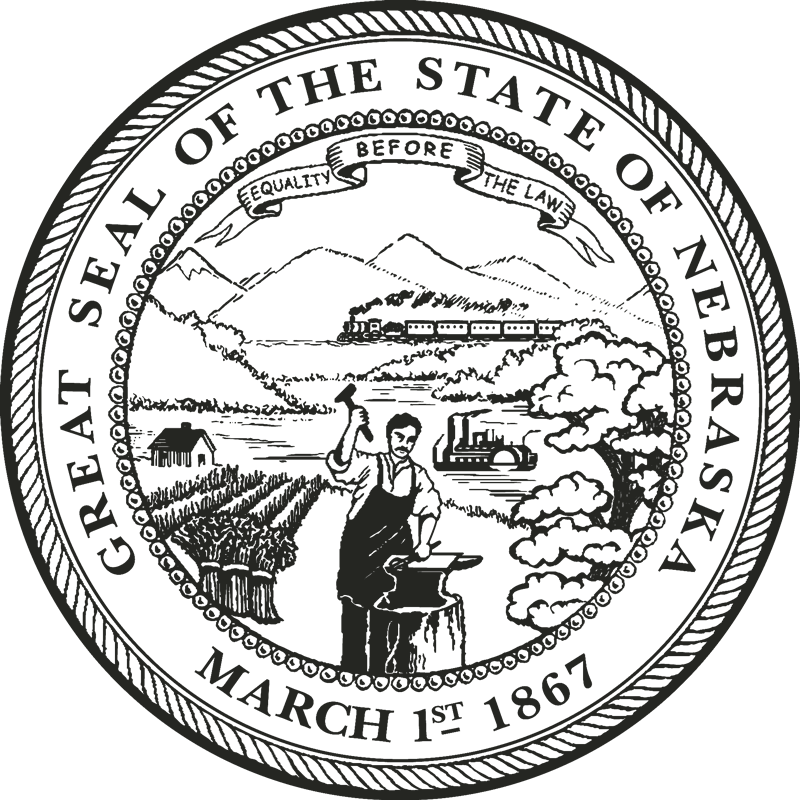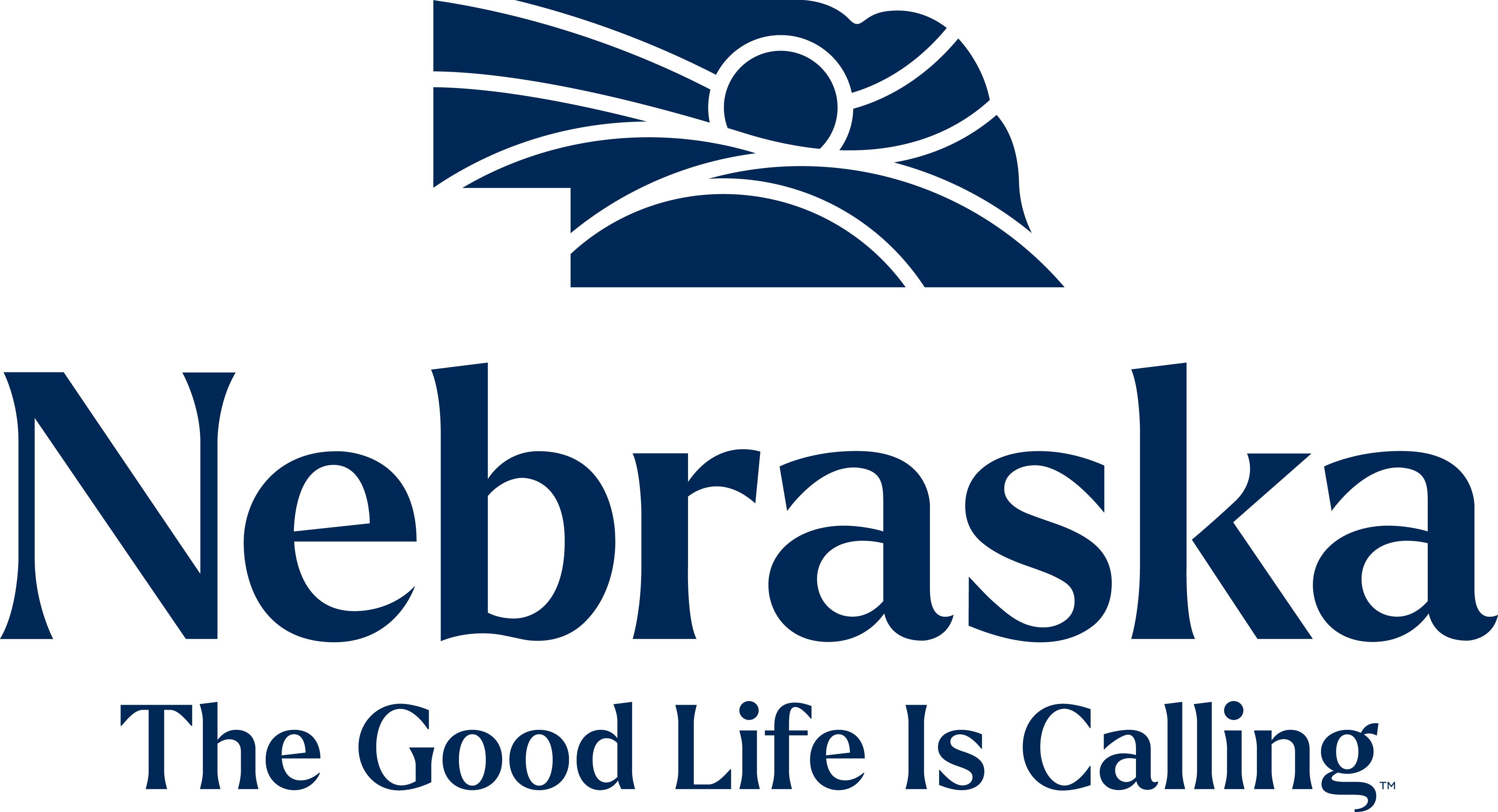Home / Programs / Economic Recovery /
Qualified Census Tract (QCT) Recovery Grant Program – Lincoln & Greater Nebraska

The QCT Recovery Grant Program – Lincoln and the QCT Recovery Grant Program – Greater Nebraska are an authorized use of funding from the COVID-19 State and Local Fiscal Recovery Fund (SLFRF) (Assistance Listing 21.027) which was designed to provide state governments with the resources needed to respond to the COVID-19 pandemic and its economic effects and to build a stronger economy during recovery. SLFRF was established by the American Rescue Plan Act of 2021 (ARPA) signed into law by the President of the United States on March 11, 2021.
Pursuant to Neb. Rev. Stat. §81-12,241(3)(b), The Nebraska Department of Economic Development (DED) will provide grants, not to exceed $10,000,000.00, to public and private entities located within qualified census tracts in a city of the primary class to respond to the negative impact of the COVID-19 public health emergency.
Pursuant to Neb. Rev. Stat. §81-12,241(3)(c), The Nebraska Department of Economic Development (DED) will provide grants, not to exceed $10,000,000.00, to public and private entities in qualified census tracts that are located outside of a city of the metropolitan class or a city of the primary class to respond to the negative impact of the COVID-19 public health emergency.
A city of the primary class is defined by Neb. Rev. Stat. §15-101. A QCT is defined in 26 U.S.C. 42(d)(5)(B)(ii)(I), as such section existed on January 1, 2022. A city of the metropolitan class is defined by Neb. Rev. Stat. §14-101.
Eligibility Information
What Can the Grants Be Used for?
All grant funds must be used for projects responding to the negative impact of the COVID-19 public health emergency. DED has identified six funding categories which respond to the negative impacts of the COVID-19 public health emergency. Proposals for projects which fall under one of the six funding categories will be considered.
1. Placemaking Projects Grants
Placemaking is about creating and revitalizing public spaces, for people to live and work, through impactful projects that highlight community assets. These projects should improve quality of life for residents within QCTs and attract visitors and new workforce to the area. Projects that promote improved health outcomes and public safety such as parks, recreation facilities and programs that increase access to healthy foods are examples of Placemaking. Placemaking projects are vital components of a community’s workforce attraction and retention strategy. Placemaking projects also respond to the negative economic impacts of COVID-19 on those disproportionately impacted. This funding category will assist in the development of regionally significant quality of life projects that leverage local area and community assets.
2. Innovative Housing Solutions Grants
Innovative Housing Solutions sustain and grow Nebraska’s communities and are vital to workforce attraction strategies. Projects in this funding category should identify gaps in the local housing ecosystem and unmet needs in publicly funded grant programs to leverage truly innovative solutions. This housing funding category represents an opportunity to think outside of the box and pilot new, sustainable solutions to local housing shortages and deteriorating housing stock.
Applicants should clearly document how the project will improve the vitality of the local workforce. Applicants must also demonstrate that the project could not be served by existing federal housing programs administered by DED or the Nebraska Affordable Housing Trust Fund.
3. Small Business and Entrepreneurship Support Grants
Small businesses and entrepreneurs are an integral part of Nebraska’s vibrant economy. The COVID-19 public health crisis and resulting economic crisis have created a variety of challenges for small businesses and entrepreneurs in communities across Nebraska, and small businesses and entrepreneurs within QCTs were disproportionately impacted. Eligible Subrecipients in this funding category are organizations conducting projects aimed at helping small businesses and entrepreneurs located in QCTs develop, recover, grow, and build resilience through future economic downturns.
The beneficiaries (small businesses and/or entrepreneurs) must be located in QCTs.
4. QCT Infrastructure Grants
Certain necessary investments in water and sewer infrastructure that benefit individuals and/or businesses located within QCTs are eligible under QCT Infrastructure Grants. Projects that would be eligible under the U.S. Environmental Protection Agency’s (EPA) Clean Water State Revolving Fund (CWSRF) or EPA’s Drinking Water State Revolving Fund (DWSRF) are eligible.
Any infrastructure project must provide a tangible benefit to individuals and/or small businesses located in QCTs to qualify under QCT Infrastructure Grants.
5. Talent Attraction and Workforce Development Grants
Attracting, retaining, and developing a diverse and highly qualified workforce not only benefits the local economies of Nebraska’s communities, it also secures better opportunities for individuals who experienced a reduction in hours, job loss, or other negative economic impacts due to the COVID-19 public health crisis.
Projects must provide a tangible benefit to individuals and/or small businesses located in QCTs.
6. Planning Grants
Pre-project costs associated with planning and engineering for a specific, eligible project in one of the other funding categories are considered an eligible use of funds. Planning Grants must be completed by December 31, 2023, and should result in the creation of a Master Plan for the project. The maximum award in this funding category is $100,000.00.
Planning activities for an economic development or workforce strategy regarding general future economic growth are not eligible. DED will require Planning Grant Recipients to return funds for a Planning Grant that does not result in the future development of an eligible project.
Who is Eligible to Apply?
The QCT Recovery Grant Program — Lincoln grant application will be open to public and private entities undertaking one of the eligible interventions within Qualified Census Tracts within a city of the primary class, as defined by Neb Rev. Stat §15-101.
The QCT Recovery Grant Program – Greater Nebraska grant application will be open to public and private entities undertaking one of the eligible interventions within Qualified Census Tracts outside a city of the metropolitan class or a city of the primary class, as defined by Neb. Rev. Stat. §14-101 and §15-101, respectively.
Application Information
QCT Recovery Grant Program - Greater Nebraska
Application Period:
Letter of Intent Deadline: 1/27/23
QCT Recovery Grant Program - Lincoln
Application Period:
Close Date – 1/27/2023 5:00 PM Central Standard Time
Letter of Intent Deadline: 1/20/23
Award Amount
Grants may be awarded up to the amount allocated by the Legislature. DED reserves the right to partially fund any request.
Matching Funds: While there is no formal match requirement, preference will be given to applicants who demonstrate a cash match.
Program Resources
| Title | File Type | Date |
|---|---|---|
| Cash Match Quarterly Report Template | Excel | August 17, 2023 |
| Letter of Intent Template | Word | January 12, 2023 |
| Program Income Guidance | May 8, 2025 | |
| Program Manual: QCT Recovery – Greater Nebraska | January 13, 2023 | |
| Program Manual: QCT Recovery – Lincoln | January 13, 2023 | |
| QCT Recovery Grant Program Q&A | January 31, 2023 |
Grant Management Resources
This page will provide technical assistance on using AmpliFund to apply for and manage grants awarded by DED.
Stay up to date on the latest news.
Subscribe to the QCT Recovery Grant Program email lists here.
Press Releases & Announcements
Recent Press Releases
- DED-Managed Recovery Program Supports Beneficial Projects Across Lincoln
- DED Awards $10 Million for Economic Recovery in Greater Nebraska QCTs
- DED Awards $10 Million for Economic Recovery in Lincoln QCTs
- QCT Recovery Grant Program – Lincoln and Greater Nebraska Applications Open
- Nebraska Department Of Economic Development: Coordinated Plan Update
- Nebraska Department of Economic Development to Host Economic Recovery Town Halls across Nebraska
Announcements
Have questions?

